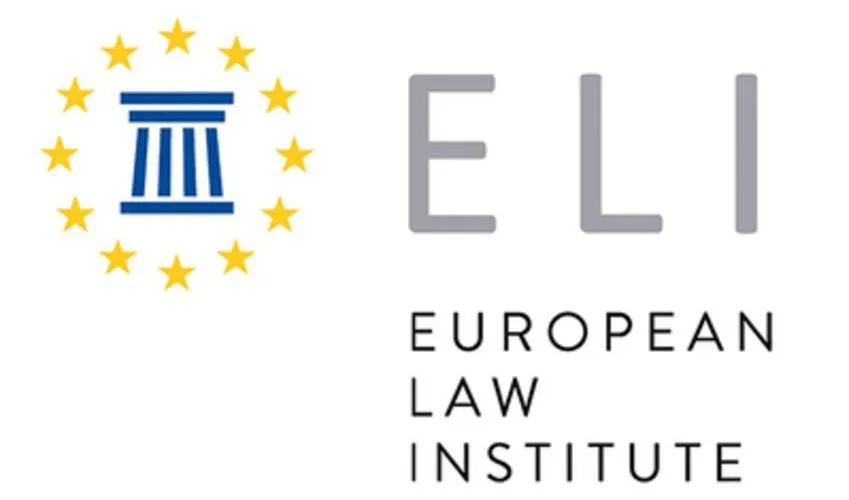
15 Legal Principles to Face the COVID19 Crisis
As the COVID-19 pandemic has led most States to set unprecedented restrictions on our fundamental rights, it is of the essence that such restrictions be subject to democratic control and the rule of law. For this reason the European Law Institute has drafted a set of 15 "ELI Principles for the COVID-19 Crisis", that address some of the main issues arising in relation to the COVID-19 crisis and offer guidance on post-crisis responses to States and other policy-makers.
As a member of the ELI Executive Committee, Pietro Sirena, Full-Professor of Private Law and Dean of Bocconi School of Law, participated in the drafting process.
One of the most debated issues across Europe these days is the role of tracking technologies, which can limit personal liberties. "The related ELI principle", Professor Sirena says, "suggests that such technologies, in the name of public interest and health protection, could be adopted and made mandatory, irrespective of personal willingness, but on strict conditions: a parliamentary act would be necessary, data should be collected and aggregated in anonymous form and, when the emergency is over, data should be deleted or made available only for research reasons". The ELI Executive Committee members also think that, in this issue as in the rest, a pan-European approach would be more beneficial than regulatory competition between national authorities.
As for contracts and obligations, the main point is the possibility to renegotiate contracts and delay payments. "When the object of the contract becomes impossible", Prof Sirena says, "damage compensation for non-fulfillment should not be requested. In other cases, contract continuity should prevail, with possible renegotiations for contracts that have turned burdensome".
Furthermore, ELI Principles envisage that doctors cannot be held liable for adverse events related to the COVID-19, except in the case of gross negligence; by contrast, the liability of the State should remain as it is.
ELI is an independent non-profit organization created to initiate, conduct and facilitate research, make recommendations and provide practical guidance in the field of European legal development. The organization has a membership of 1,400 individuals (professionals, academics, policy makers and officials) and a hundred institutions from 60 countries.
The "ELI Principles for the COVID-19 Crisis" have been recently debated in a webinar you can watch CLICK HERE.